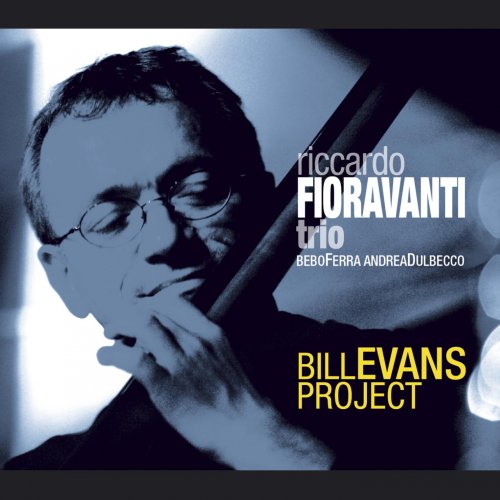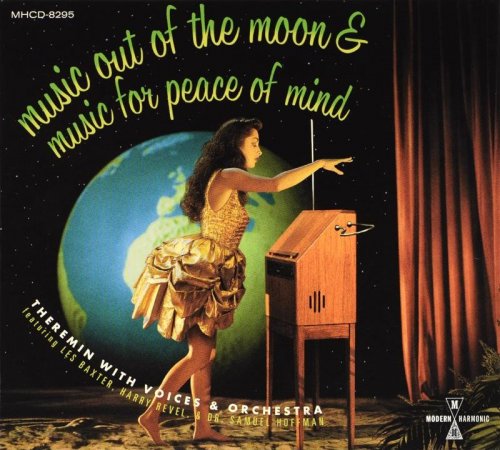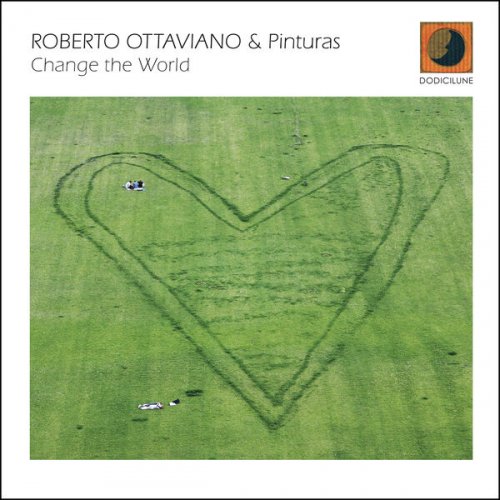Riccardo Fassi Quartet & Quintet Feat. Flavio Boltro - Toast Man (1990)
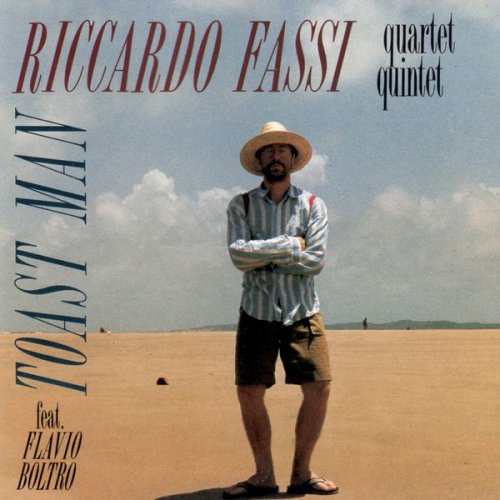
Artist: Riccardo Fassi, Riccardo Fassi Quartet, Riccardo Fassi Quintet, Flavio Boltro, Dario La Penna, Massimo Moriconi, Alberto D'Anna, Alfredo Minotti, Massimo Rocci
Title: Toast Man
Year Of Release: 1990
Label: Splasc(h) Records
Genre: Jazz, Post Bop, Contemporary Jazz
Quality: FLAC (tracks)
Total Time: 1:01:06
Total Size: 308 MB
WebSite: Album Preview
Tracklist:Title: Toast Man
Year Of Release: 1990
Label: Splasc(h) Records
Genre: Jazz, Post Bop, Contemporary Jazz
Quality: FLAC (tracks)
Total Time: 1:01:06
Total Size: 308 MB
WebSite: Album Preview
1. Octopus (10:59)
2. La Nonna Di Beethoven (10:22)
3. I Kiss My Dream (08:30)
4. Coatto Sud, Coatto Nord (06:02)
5. La Foresta (06:38)
6. Romba La Tromba (05:47)
7. Naked City (09:41)
8. Waltz For Bass (03:10)
Personnel:
Flavio Boltro | Trumpet, Flugelhorn
Riccardo Fassi | Piano, Synthesizer
Dario La Penna | Electric Guitar on tracks # 2-7
Massimo Moriconi | Bass
Alberto D'Anna | Drums
Alfredo Minotti | Percussion on tracks # 2-7-8
Massimo Rocci | Percussion on track # 2
Pianist Riccardo Fassi looks like somewhat of a geek on the front cover, standing on a landscape comprised entirely of sand with his knees bent and wearing a striped shirt, shorts, suspenders, and a sunhat, but the music he composes and performs with both of these bands is anything but doltish. In fact, Fassi's complex, eerie, and deeply lyrical jazzscapes are what the new Italian jazz is all about. With trumpeter Flavio Boltro, bassist Massimo Moriconi, Alberto D'Anna on drums, and guests like Dario La Penna on electric guitar in places, Fassi is making some of the most sophisticated yet deeply melodic and engaging music on the scene. Using post-bop figures and juxtaposing them against Italian folk song forms, classical motifs, and a deft sense of chromaticism, Fassi erects towering harmonic architectures that reveal their existence inside a well-defined space that is easily articulated with emotional warm, depth, and technical sophistication. For instance, in his solo in the mid-tempo "Octopus," he uses his rhythm section to put forth his modes and intervals; Boltro makes the transitions and he himself fills them in with stylish arpeggios illustrated with pedal-point maneuvers and dashing contrapuntal interludes -- and all the while gently swinging. The etude figure that begins "La Foresta" gives way to a lush series of augmented and suspended sevenths and ninths across a modal wash of scalar interpellation that touches upon Sibelius and Bartok before the band kicks in at the top of the scale and brings it all back down inside a rhythmic 6/8 to counteract the shimmering 16th notes in Fassi's arpeggiated run. On "Naked City," reggae rhythms give way to a fusion tide of Weather Report tags and codas, but Fassi's strategy is in building these out and making something whole out them for himself. Using La Penna's sticky guitar playing, Fassi erects a rhythmic structure from the piano itself and begins to use counterpoint to pit all of the distended melodies against each other for the purpose of bringing together their common motifs and thus their strident tonalities. It's a deft move, one that is full of color and lots of angles, but it works very well. This set works very well and goes a long way to show why the new Italian jazz is perhaps the most exciting being made on the planet.
Review by Thom Jurek
Review by Thom Jurek
![Kannon - ...in a Sea of Fire (2026) [Hi-Res] Kannon - ...in a Sea of Fire (2026) [Hi-Res]](https://img.israbox.com/img/2026-02/06/031z27045ersqlp1m4v7qos7b.jpg)
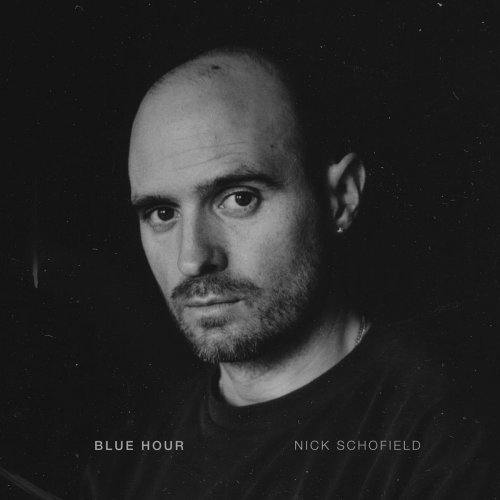
![Ari Bragi Karason - Unclear Family (2026) [Hi-Res] Ari Bragi Karason - Unclear Family (2026) [Hi-Res]](https://img.israbox.com/img/2026-02/06/yjelz9np21fbxv7fdk3vpg5p0.jpg)
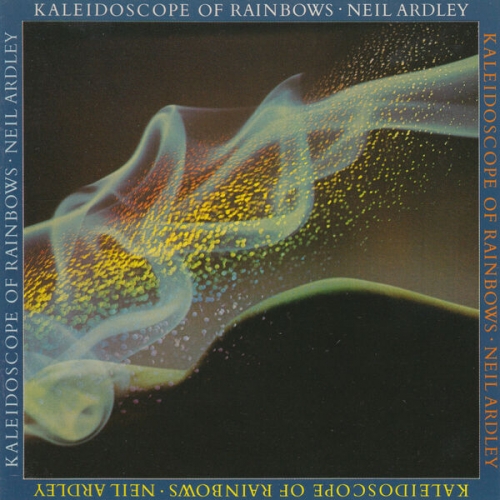
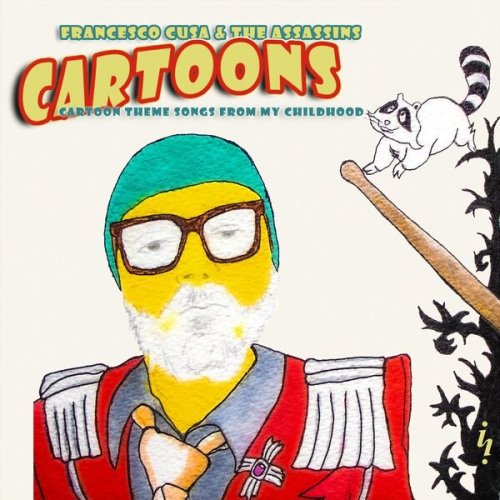
![Puma Blue - Croak Dream (2026) [Hi-Res] Puma Blue - Croak Dream (2026) [Hi-Res]](https://www.dibpic.com/uploads/posts/2026-02/1770296276_il18cxkt8vg4a_600.jpg)
